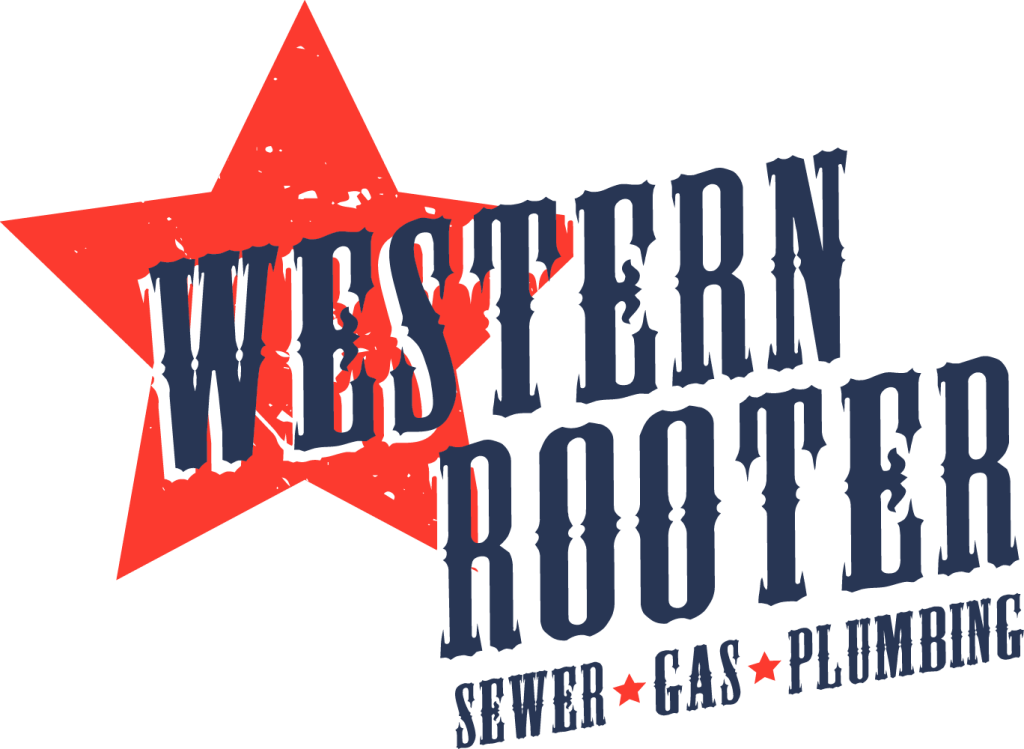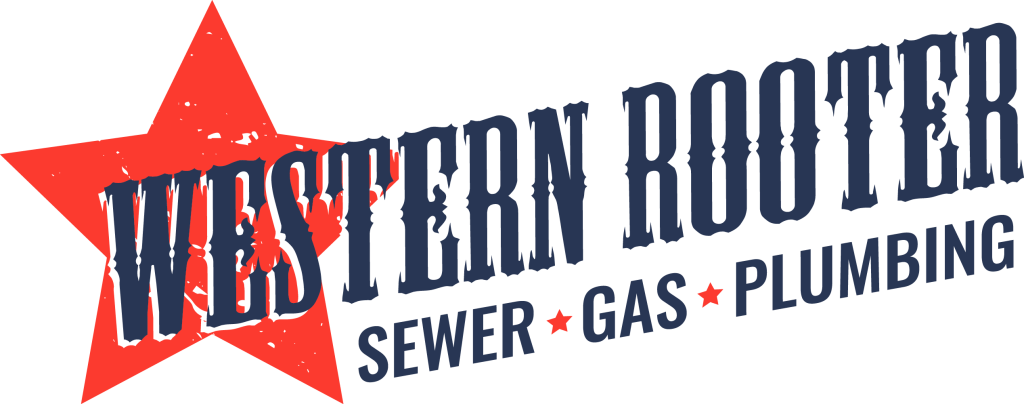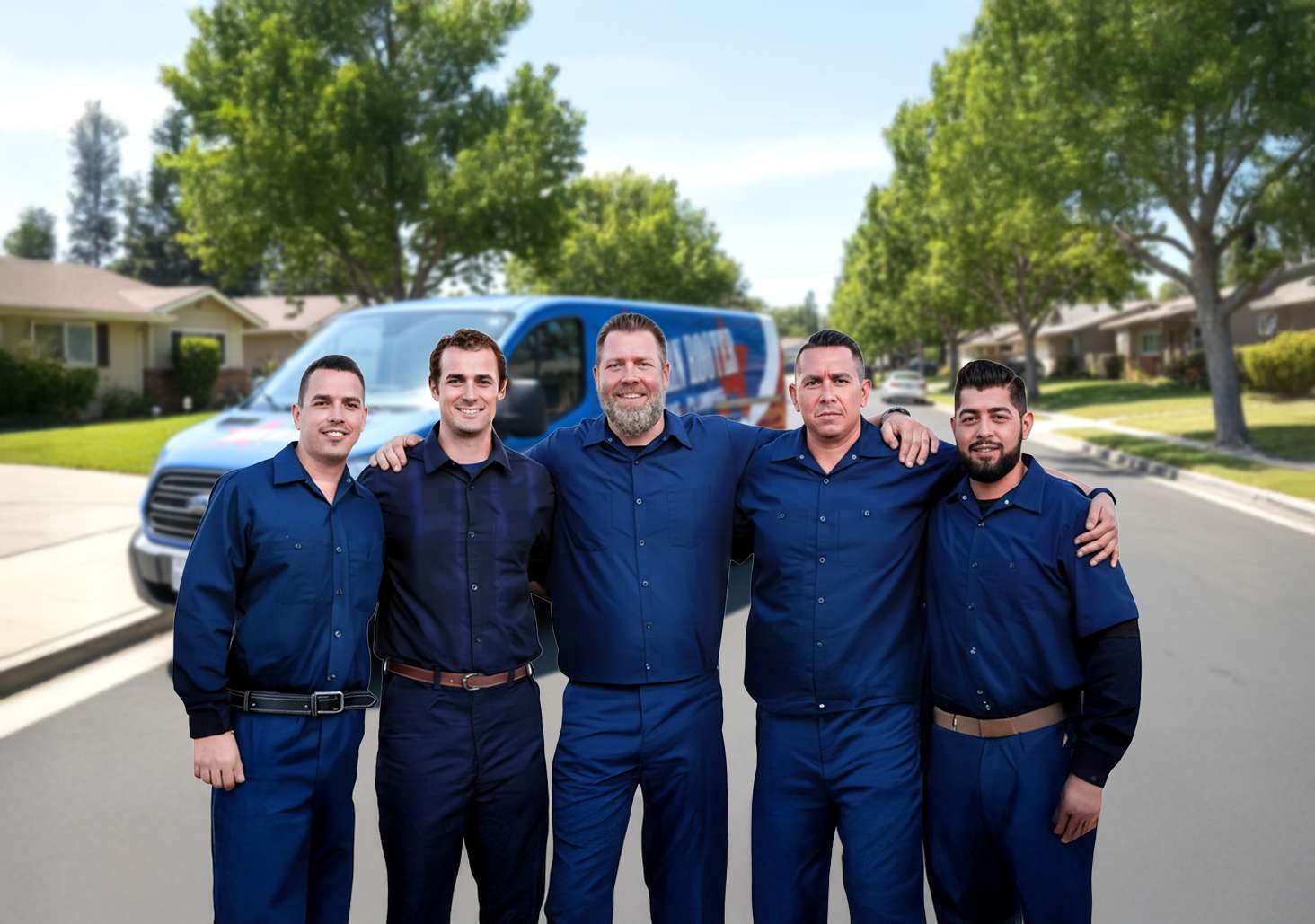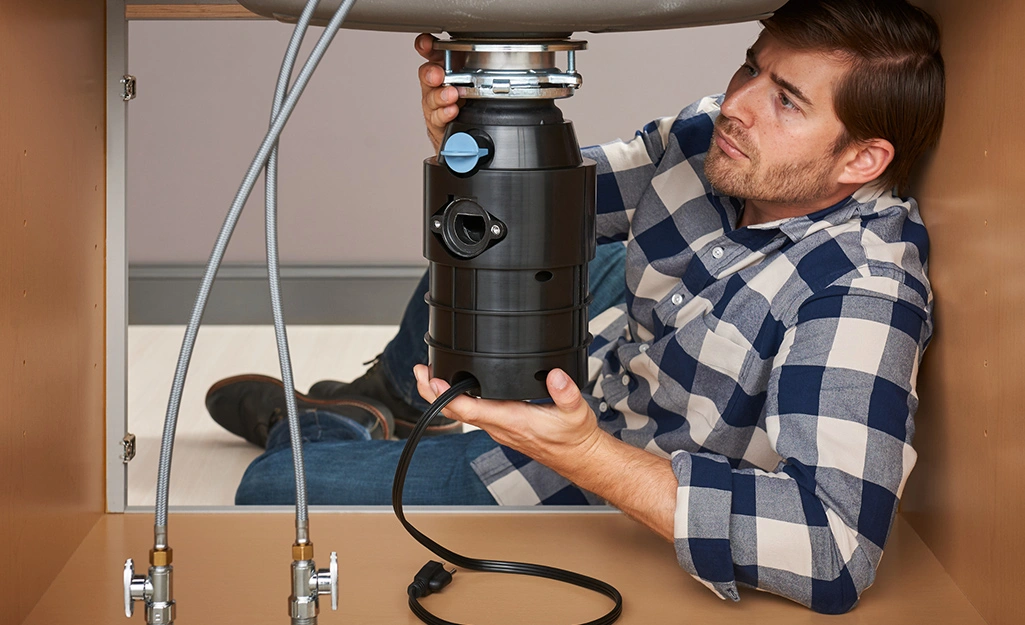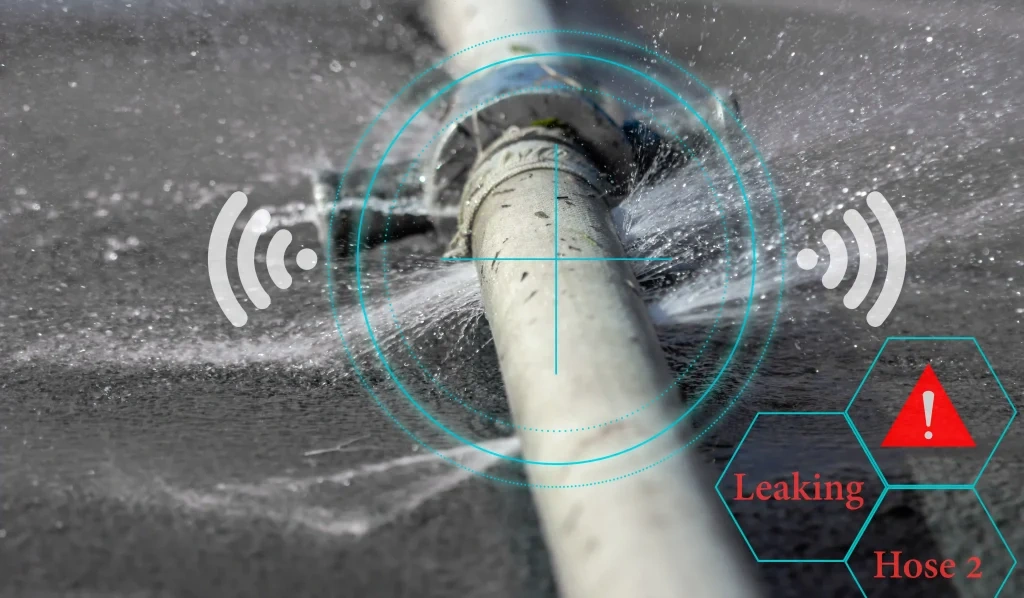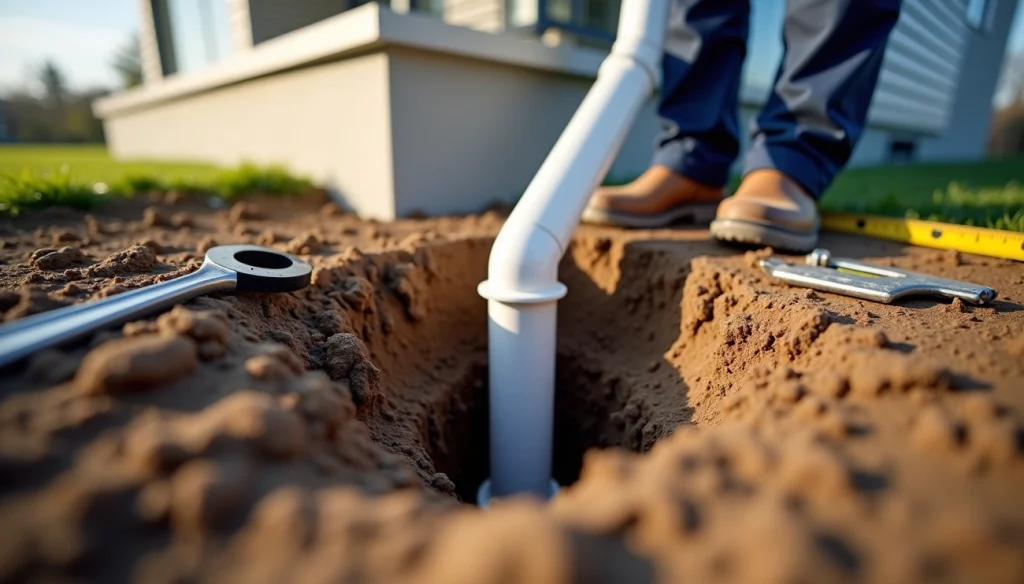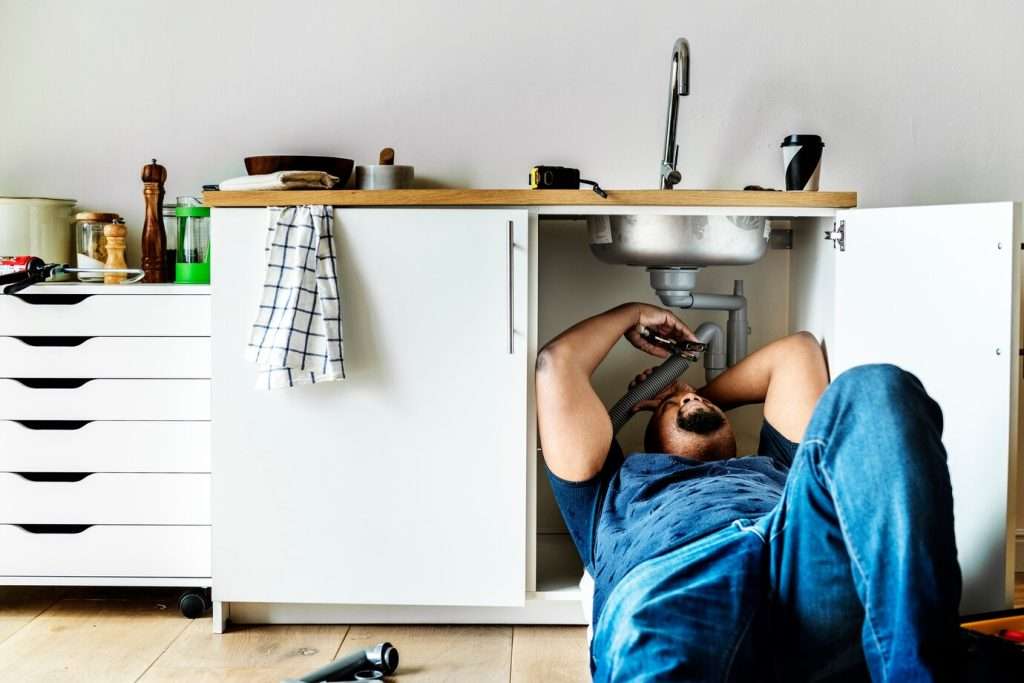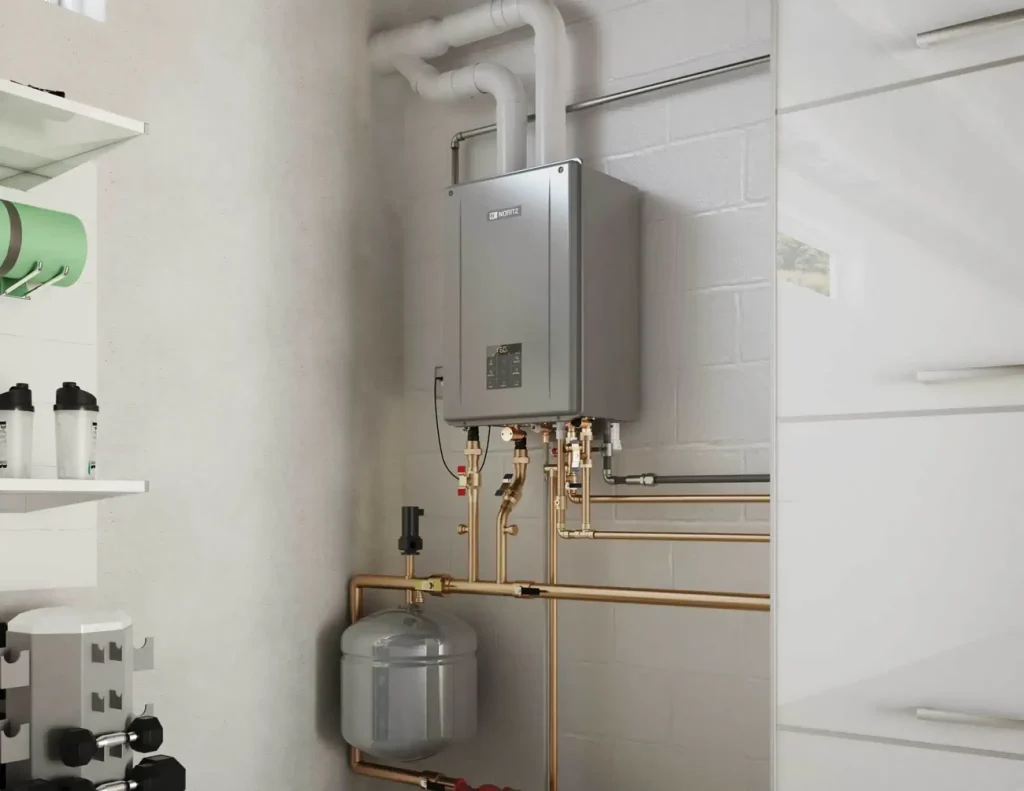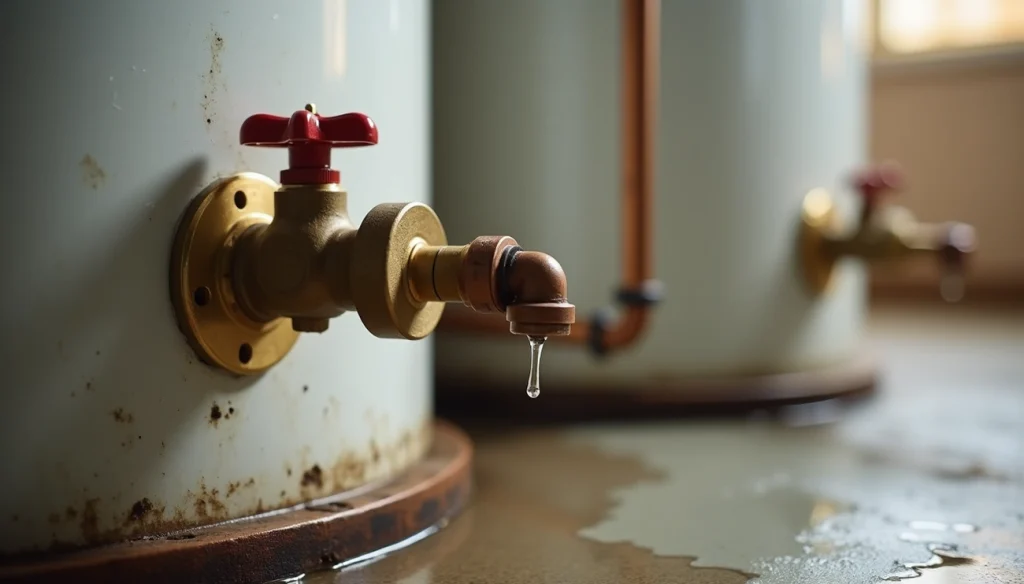Understanding the costs involved in replacing a sewer line is vital for homeowners. This knowledge can help in budgeting and decision-making when facing sewer line issues. It’s not just about the immediate inconvenience; it’s about making informed financial decisions for your home’s long-term well-being.
Factors Influencing Sewer Line Replacement Costs
Material Costs
The materials chosen for sewer line replacement vary widely in price. Options range from PVC, known for its affordability and durability, to higher-end materials like cast iron or clay, each offering different benefits and longevity.
Labor Costs
Labor charges can significantly impact the overall cost. These are influenced by the project’s complexity, the time it takes to complete, and any additional equipment required. Time-based rates also apply, with costs varying during regular hours, weekends, and emergencies.
Scope of Work
The extent of the replacement needed can greatly affect the price. A full sewer line replacement will cost more than repairing a section. Factors such as the length of the pipe and the complexity of the installation play a crucial role.
Access and Location
Easy access to the sewer line can reduce labor costs. Conversely, difficult-to-reach areas may require additional excavation, increasing the price. The location’s geography and the property’s landscape can also influence the cost.
Permits and Regulations
Local regulations and the need for permits can add to the expense. Compliance with city or county standards is essential, and the cost for permits varies by location.
For a more detailed exploration of these factors, including how to save on these costs, readers might find our post on plumbing challenges and solutions offered by Western Rooter insightful.
Average Cost Per Foot Explained
The average cost for replacing a sewer line can vary significantly, with a range starting from $100 for basic sewer cleaning to more complex replacements that can cost upwards of $275 for cable main line services.
This pricing can escalate to $350 starting in double time scenarios, highlighting the variability based on timing and emergency needs. These costs generally cover the initial setup and labor, but prices may fluctuate due to material choice, depth of the lines, and the method of replacement.
Additional Costs to Consider
Emergency Services
Urgent situations that require immediate attention outside of regular working hours can significantly increase costs. For instance, services rendered during “Double Time” periods like late nights or Sundays can start at a higher rate, emphasizing the premium on emergency responsiveness.
Landscaping and Restoration
Post-replacement, restoring your property to its original condition may incur extra charges. This includes landscaping repair from excavation, which isn’t typically included in the initial estimate.
Inspections and Warranties
After work completion, inspections ensure everything meets local regulations, potentially adding to the cost. Warranties can offer peace of mind but might come with additional charges. It’s crucial to weigh these for their long-term benefits versus upfront costs.
For insights on managing these expenses and making informed decisions, consider reading about why plumbers’ services might seem costly but are essential investments in your property’s health and safety.
How to Save Money on Sewer Line Replacement
Explore Financing and Discounts: Many service providers, including Western Rooter, offer financing options or discounts for certain clients (e.g., multi-unit HOAs, apartment complexes). Checking for available specials or financing could significantly reduce upfront costs.
Evaluate the Scope of Work: Sometimes, a full replacement isn’t necessary. Ask if a partial replacement or repair could solve the issue, which can be substantially cheaper.
Preventive Maintenance: Regular maintenance and inspections can prevent major replacements by catching issues early. Enquire about maintenance services that can help avoid costly overhauls.
DIY Measures for Minor Issues: For very minor problems, such as clearing easily accessible clogs, consider DIY approaches. However, always consult with a professional to avoid causing more damage.
Questions to Ask Your Plumber
Detailed Breakdown of Costs: Request an itemized quote to understand exactly what you’re paying for, including labor, materials, and any additional charges.
Timeline and Disruptions: Understanding how long the work will take and how it will affect your daily routine is crucial. Ask about the expected timeline and any necessary preparations on your part.
After-Service Support: Inquire about the follow-up process, including how to handle any issues that might arise after the work is completed. Understanding the warranty or guarantee terms is essential.
Licenses and Insurance: Confirm that the plumber is licensed and insured to protect yourself against any liability in the event of an accident or damage.
Conclusion
Sewer line replacement can be a significant investment. Understanding the factors affecting costs, exploring ways to save, and asking the right questions can help ensure you’re making a wise decision. Quality work might come at a price, but the long-term savings and peace of mind it offers can be invaluable.
Are you Ready?
For those facing sewer line issues, Western Rooter stands ready to offer expert advice, comprehensive services, and competitive pricing. Don’t let sewer problems disrupt your life. Contact us for a free estimate and professional assessment to ensure your home’s plumbing is in top condition. Visit Western Rooter for more information and to explore our services.
